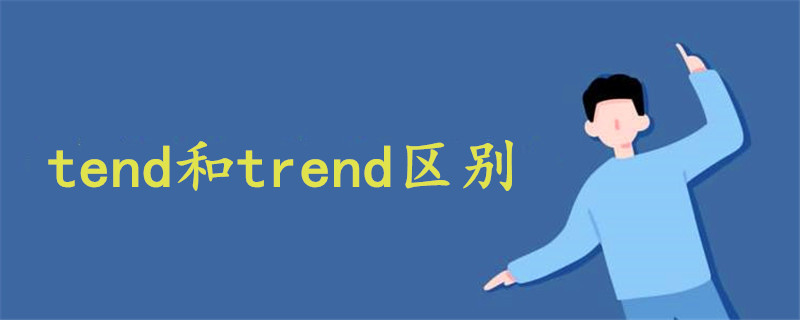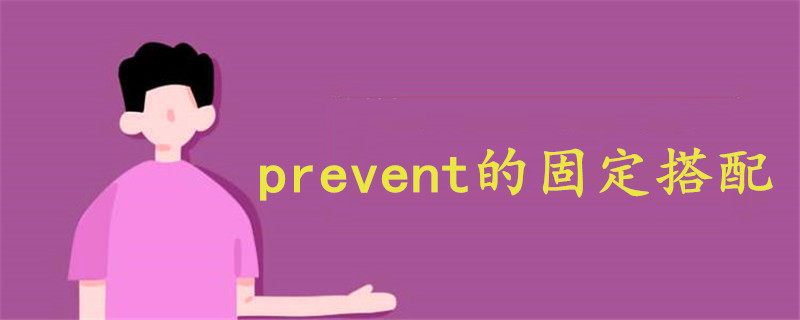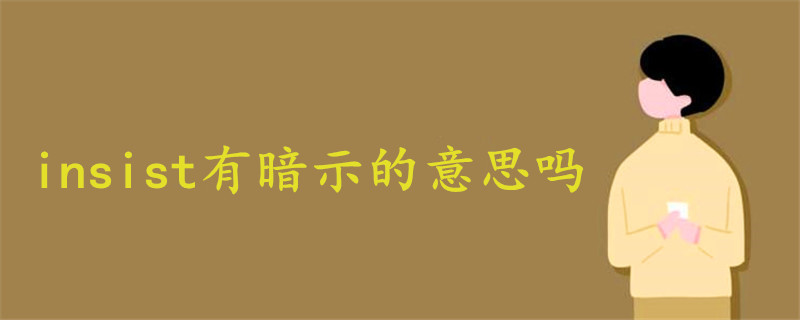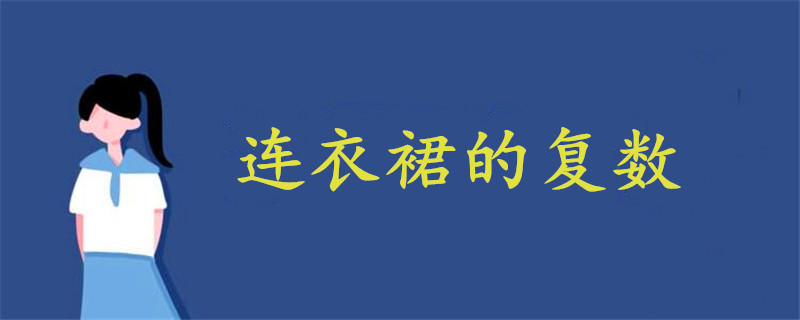tend和trend的区别:含义不同、词性不同、用法不同。tend只作动词,含义有往往会、常常就、走向、趋于、照料、护理,后面可接to或towards;trend可作名词和动词,含义有趋势、动态、倾向,后面接towards。

一、tend的含义及用法
tend作为动词,意为往往会;常常就;趋向;走向;倾向;趋于;照料;照管;护理。
例句:Women tend to live longer than men.
女人往往比男人长寿。
People tend to think that the problem will never affect them.
人们往往认为这个问题绝不会影响到他们。
His views tend towards the extreme.
他的观点趋于偏激。
Doctors and nurses tended the injured.
医生和护士护理受伤者。
He had a job tending bar in San Francisco.
他在旧金山做酒吧服务员。
二、trend的含义及用法
1、作为名词时,意为趋势;趋向;倾向;动态;动向。
例句:There is a growing trend towards earlier retirement.
提早退休者有增加的趋势。
This is a growing trend.
这是日益显著的趋势。
The record has already proved a success and may well start a trend.
该唱片已证明大获成功,并且很可能会引导潮流。
2、作为不及物动词时,意为倾向;趋势。
例句:My opinion trended towards yours.
我倾向于你的意见。
















如果未成年的孩子将人碰伤,监护人必须承担医疗费用。